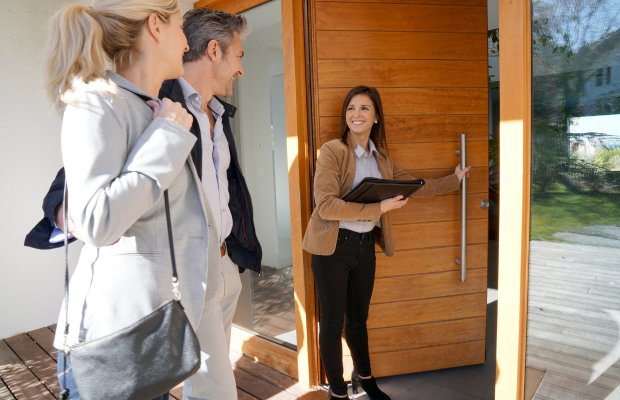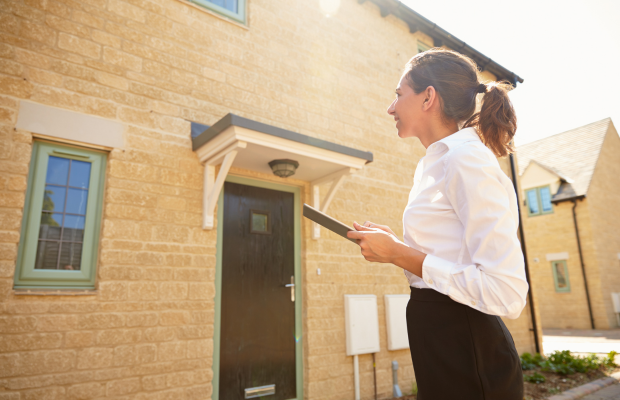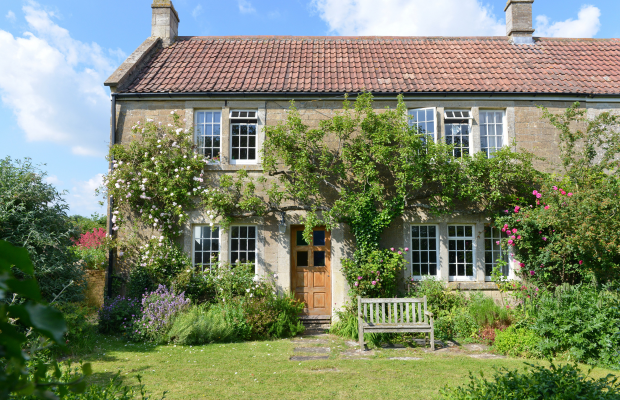If you’re looking to extend your leasehold, it is crucial you have all of the necessary knowledge and legal assistance in order to complete the process successfully.
This step-by-step guide will explain how to extend your lease and what assistance you will need from a solicitor.
Related: What does a conveyancing solicitor do?
Inform the freeholder
Firstly, it is important to familiarise yourself with your existing lease, including its remaining duration. Once you have this information, you should inform the freeholder of the property that you intend to extend the lease.
Seek professional advice
You should hire a solicitor to help with the lease extension as they can guide you through the complex process.
They will help you fully understand your rights and obligations to make sure you make informed and legally-sound decisions. Your agent will be able to recommend a solicitor who can give you tailored advice about how to extend your leasehold.
Related: The ultimate guide to selling a leasehold property
Find a valuation surveyor
A valuation surveyor can accurately determine the market value of your lease extension and secure you the best possible deal. They will also calculate the premium you will need to pay to provide you with an overall lease extension cost.
Serve a Section 42 notice
You will then need to serve a Section 42 notice, which confirms you are requesting to extend the lease under statutory law.
This should only ever be a formality since leaseholders reserve the right to extend their lease by 90 years beyond the existing lease term. Your Section 42 notice should include the proposed premium and lease term. But don’t worry, your solicitor will be able to help you with this.
Pay the deposit
If a deposit is required by the landlord, it will either be £250, or 10% of the lease cost in the tenant’s notice, if that exceeds £250. This must be paid within 14 days.
Negotiate the price
The cost of a lease extension depends on many things, including:
-
The value of the property
-
The number of years left on the lease
-
The annual ground rent
-
The value of any improvements made to the property paid by the leaseholder.
A lease extension valuation will be carried out to assess all these factors, but it is a complex calculation that is also subjective, so it is open to negotiation.
You may be able to negotiate a lower price in some cases, and your solicitor can advise you on this or even handle it for you.







